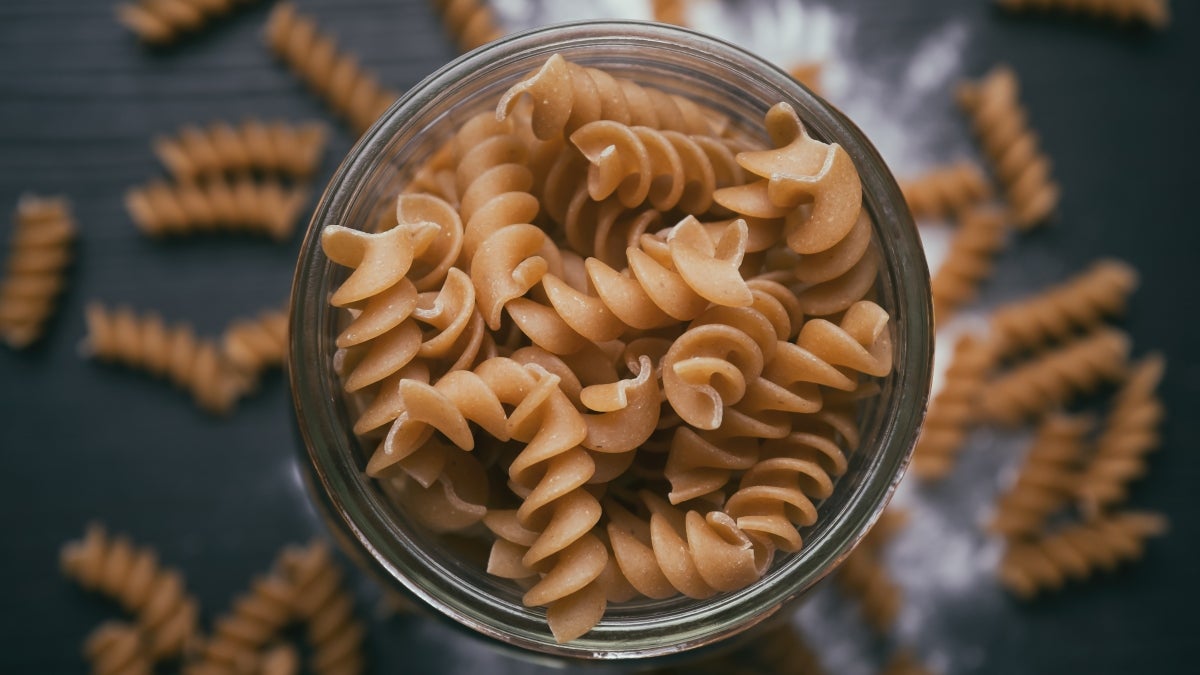Sales of gluten-free foods continue to soar, reflecting a widespread belief that eliminating gluten from a person’s diet can produce health benefits, even for those without gluten sensitivity or celiac diseaseCeliac disease is an autoimmune disorder affecting the small intestine that is triggered when gluten is consumed..
Carol Johnston, professor and associate director of the Nutrition Program in Arizona State University's College of Heath Solutions, has studied the effects of gluten-free foods and their impact on health. She will present her research findings to students at an undergraduate research colloquium on Sept. 27.
Question: Does avoiding gluten have any benefits for those without celiac disease or a gluten sensitivity?
Answer: There is no clear evidence that avoiding gluten offers any health benefits for the majority of the population. Less than 1 percent (0.71 percent) of the population of the United States has been diagnosed with celiac disease, and an additional 3 percent has a non-celiac gluten sensitivity. While the popularity of gluten-free diets has clearly extended beyond those who have celiac disease or gluten sensitivity, researchers have not identified any health benefits to avoiding gluten for those without a sensitivity to it.
Q: Your research has shown that gluten-free pastas (such as rice or corn pasta) cause a person’s glucose levels to jump significantly higher than if they ate traditional wheat pasta. What are the health impacts of these findings? Should these types of pastas be avoided?

Carol Johnston
A: In my research, it was interesting to observe that the gluten-free corn and rice pastas caused participants to have higher blood glucose levels than traditional wheat pasta. One explanation for this may be found in the way starch and gluten interact during digestion. When starch is digested, it breaks down into sugars and produces glucose, which enters the bloodstream. However, the gluten present in traditional grain pasta may actually encase some of the starch, preventing it from breaking down and resulting in less glucose released into the bloodstream. Without the presence of gluten, the starch in corn or rice pasta is easily digested to glucose, causing a post-meal spike in glucose levels.
That said, more research is needed to better characterize the glycemic index of gluten-free pastas and breads. There are many versions of gluten-free products, and we need to better understand which substitute ingredients contribute to elevated glucose levels.
Q: A recent study found that those who eat gluten are less likely to develop type 2 diabetes. How does the consumption of gluten help to prevent this disease?
A: Most refined-grain products, like corn or rice pasta, have a high glycemic index. Sharp increases in blood glucose levels following a meal, or postprandial glycemia, have been linked to risk for chronic disease, particularly cardiovascular disease and type 2 diabetes. Gluten may help to moderate the glycemic response of grains as discussed above. However, to lower the risk of type 2 diabetes, individuals should adopt multiple strategies, including exercising daily, managing caloric intake to manage body weight, reducing intake of refined carbohydrates and sugars, and consuming nuts daily.
More Health and medicine
ASU team part of nationwide study looking at Type 2 diabetes in youth
Near the end of an interview in which he talked about the work his team will be doing to tackle the rise in Type 2 diabetes among youth, Arizona State University Professor Gabe Shaibi answered why…
Leading the way in wellness: ASU highlighted in The Princeton Review's 2025 Mental Health Services Honor Roll
Being a college student isn’t easy — navigating new routines, people and places can be a challenge, especially if the right support system is not in place. That's why Arizona State University is a…
New Indigenous health dashboard offers robust database for scholars
By Nicole Greason and Kimberly Linn A team at Arizona State University’s College of Health Solutions and American Indian Studies program has created a new tool to aid researchers…
